
Shepherd named Thomas Simmons Professor of Law
Joanna M. Shepherd has been named Thomas Simmons Professor of Law, in recognition of exceptional scholarship and her substantial contributions to the study of legal institutions.

Joanna M. Shepherd has been named Thomas Simmons Professor of Law, in recognition of exceptional scholarship and her substantial contributions to the study of legal institutions.

Spanish businessman and philanthropist Gonzalo Rodriguez-Fraile has pledged a substantial gift that will support the work of Emory’s Spruill Family Professor of Law and Religion Rafael Domingo.

The Turner Environmental Law Clinic at Emory University School of Law represented Emory in the development and negotiation of a new partnership with The Conservation Fund.

Today is Veterans Day, a formal recognition of the commitment and valor that safeguards the rule of law and protects us all. This day acknowledges the sacrifice required of our military personnel and their families.

Digital platform engages video and social media to encourage scholarly discussion
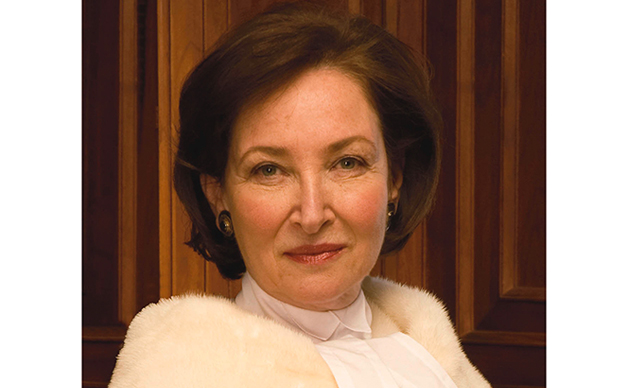
The Center for International and Comparative Law will present the annual David J. Bederman Lecture. This year's lecture will be delivered by The Honorable Rosalie Silberman Abella on the topic "International Law and Prospects for Justice."

Emory Law's Juris Master Program, offered on campus and online, is designed to help professionals like Ayinde Luqman to become more specialized in their field and enhance their knowledge of the law.

On Friday, September 27, Emory Law's Center for International and Comparative Law will host a conference, "NATO @ 70: The Role of International Law in Collective Security."

The US Senate confirmed two Emory University School of Law graduates to federal judgeships.

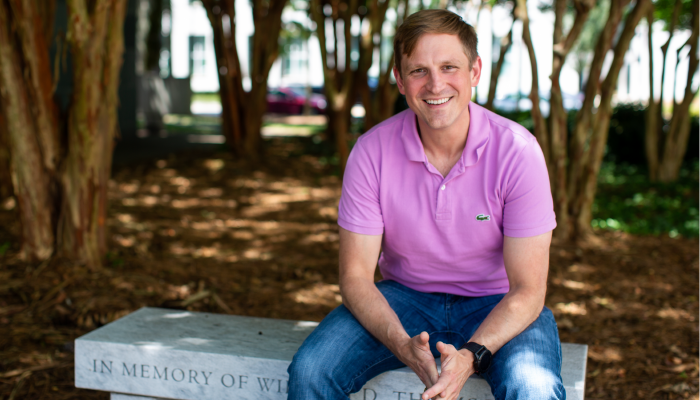

Professor Dorothy A. Brown has been named Asa Griggs Candler Professor of Law. Brown is a Professor of Law at Emory University School of Law and an advocate for economic and social justice.
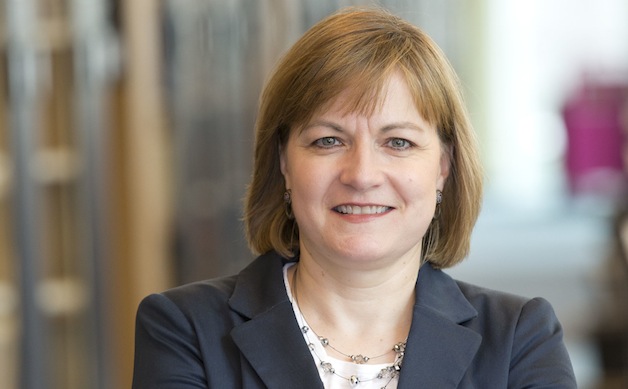
On the last day of the term, the justices surprised many by agreeing to take up DACA, setting in motion for next year the highly anticipated argument over immigration policy and presidential authority left hanging three years ago with the court's 4-4 split in a related case, United States v. Texas.

Justice Stevens's jurisprudence was rooted in a humanism that honored reason and individual dignity and a patriotism that understood the US as a vibrant, unified republic.

Because the Eighth Amendment of the United States Constitution bans cruel and punishment, it places certain limits on whom may be executed, including the State may not execute a person who is so mentally incapacitated as to not have a rational understanding of the basic reasons for the execution, in light of Ford v. Wainwright, and Panetti v. Quarterman. This past term, in the case of Madison v. Alabama, the United States Supreme Court considered the scope of that limitation.

The retirement of Justice Anthony Kennedy and his replacement with Justice Brett Kavanaugh will likely shape the doctrine of the United States Supreme Court in significant ways for decades to come. The rejection of challenges to partisan gerrymandering in Rucho v. Common Cause offered an early example of the impact of this transformation.
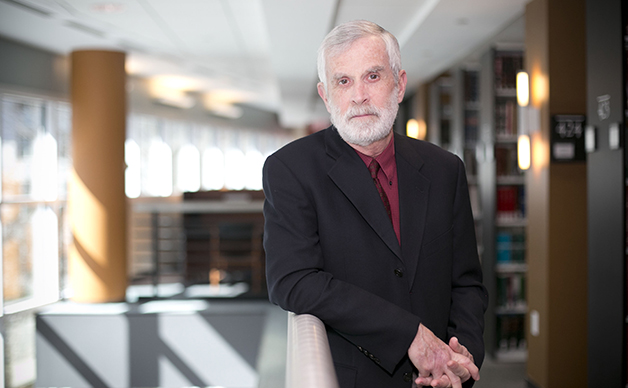
The government action at issue in American Legion v. American Humanist Association concerned a 94-year-old, 32-foot-high "Peace Cross" on a pedestal atop a busy intersection near Bladensburg, Maryland. The Peace Cross was erected by private groups in 1925 as a memorial to the 49 citizens of Prince George's County, Maryland, who died in World War I. The State of Maryland took ownership of the site in 1961 and has maintained it with public funds ever since.

In Knick v. Township of Scott, Pa., 139 S. Ct. 2162 (2019), the Supreme Court overruled decades-old precedent to hold that Takings Clause plaintiffs can come to federal court without first exhausting their state court remedies. The court's holding discards a 1985 ruling the consequences of which went far beyond what the justices in that case likely contemplated when they first required exhaustion of state remedies.

In Franchise Tax Board of California v. Hyatt, 139 S. Ct. 1485 (2019), the United States Supreme Court held that one state cannot constitutionally waive another state's sovereign immunity with respect to suits filed against the second state in the courts of the first state. In so doing, the court overruled its decision in Nevada v. Hall, 440 U.S. 410 (1979).

This term the Supreme Court held that a trial court may properly consider a prosecutor's past history of Batson violations when evaluating that prosecutor's reason for striking a juror in a current case. The challenge arose from a murder case that originated in the small town of Winona, Mississippi, more than two decades ago.
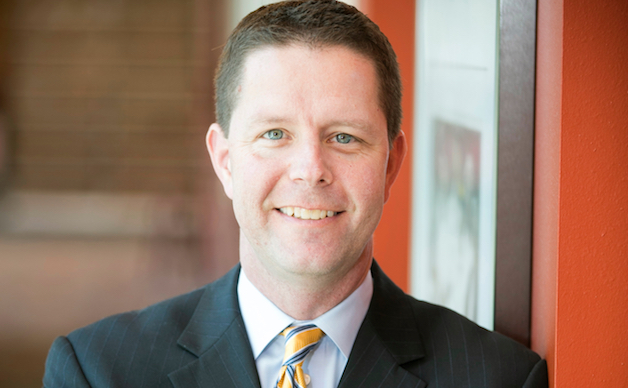
Sometimes, significant impact arises in the unobserved work of the Supreme Court, even while it is in session. The court often issues orders that appear to deal with procedural issues. But even those seemingly innocuous decisions can have significant impact. Such a scenario arose during the October 2018 Supreme Court term as it relates to the ability of transgender persons to serve in the military.
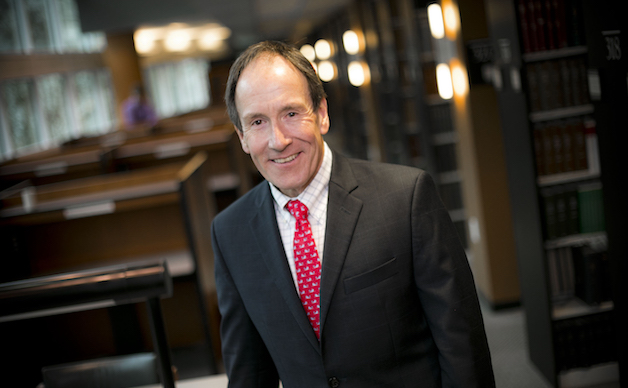
Not all Supreme Court arbitration decisions feature strident 5-4 splits of opinion. Such contentious cases, like Lamps Plus this year (see separate analysis), deal with requirements that claimants pursue their claims alone, rather than en masse. When it comes to arbitration procedure, however, the court generated unanimous opinions in New Prime Inc. v. Oliveira, 139 S. Ct. 532 (2019) and Henry Schein, Inc. v. Archer & White Sales, 139 S. Ct. 524 (2019).

It is becoming a tradition: each year, we seem to get another 5-4 Supreme Court decision enforcing arbitration that requires individual, and forbids aggregate, resolution of claims. This year's case is Lamps Plus, Inc. v. Varela, 139 S. Ct. 1407 (April 24, 2019). Neither the result nor the 5-4 split surprised anyone.
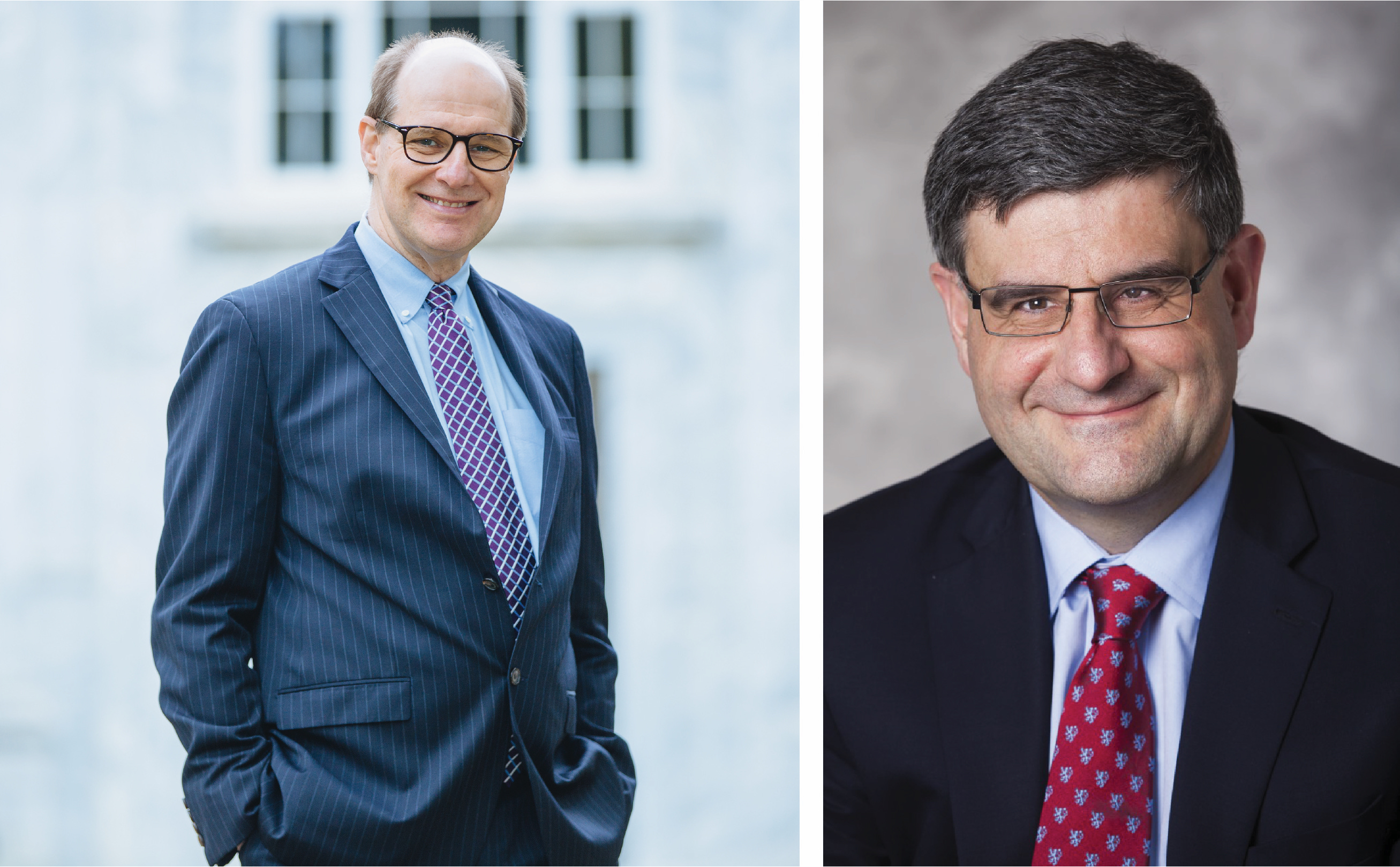
Two professors in the Center for the Study of Law and Religion published Cambridge University Press titles that examine intersections of religion and law.
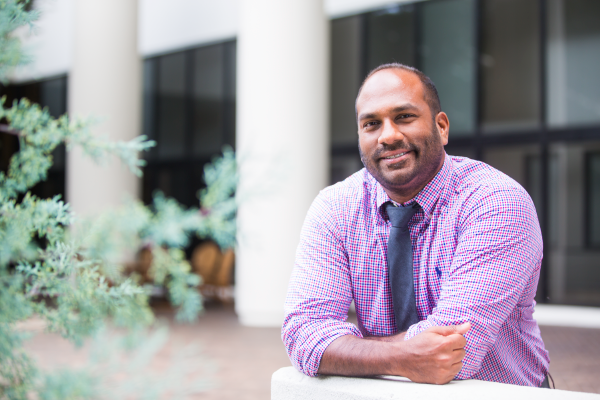
Kumar Rajamannar, JM Class of 2019, discusses why he chose to pursue a juris master at Emory Law.
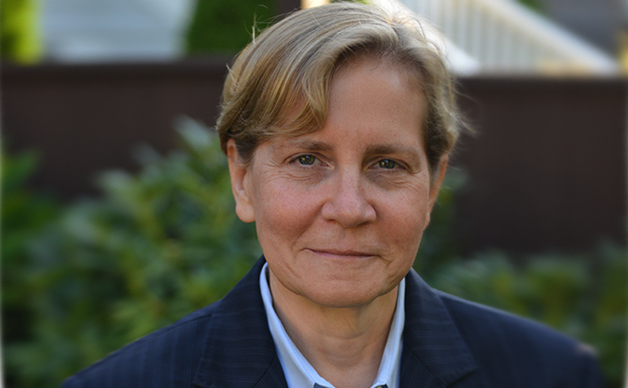
Emory has named Mary Anne Bobinski dean of Emory University School of Law. She will assume the post in August 2019, becoming the first woman to serve in the role since the school's founding in 1916.

On Mother's Day, in a new venue and among a packed house of family and friends, 454 students crossed the stage in recognition of their graduation from Emory University School of Law.
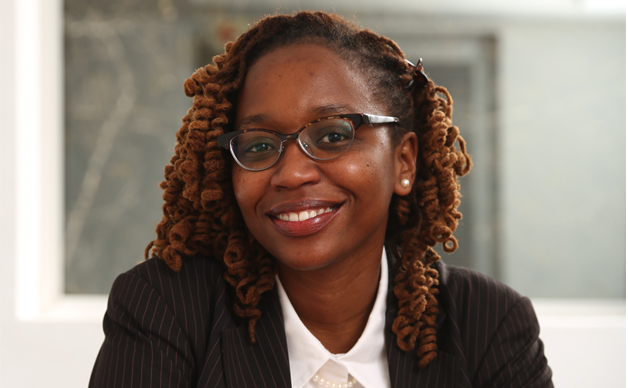

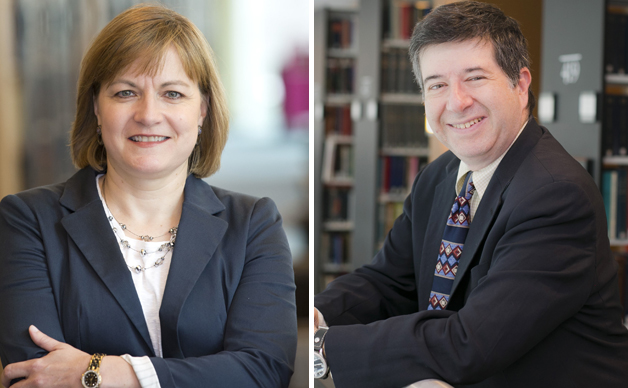
Professors Polly Price and Jonathan Nash were recently honored for scholarly writing.

Earl Porter III 19L parlays difficult beginnings into a celebrated end as he prepares to graduate from Emory Law.

Four attorneys will be recognized during Emory Law Alumni Weekend for public service and trailblazing, and for exceptional and distinguished careers. They are: Lewis S. "Mike" Eidson, Lori G. Cohen, John Maggio, and Donna Yip. Interim Dean James B. Hughes Jr. will present the awards during an April 12 reception at the law school.

Tyler Quinn Yeargain, a third-year student at Emory University School of Law, was among the ten winners for his piece, "Discretion Versus Supersession: Calibrating the Power Balance Between Local Prosecutors and State Officials."
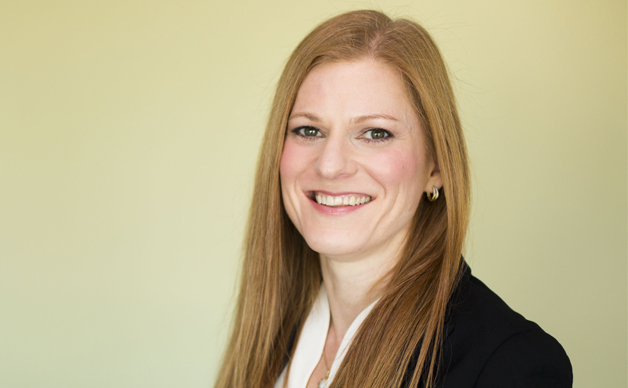
US Senator Cory Booker contacted Emory Law Professor Ani Satz to draft what would become the "Primate Protection and Research Modernization Act of 2018" after reading her opinion article on Volkswagen's primate experiments.

On Tuesday, February 5, 2019, Emory University School of Law hosted the 23rd annual Emory Public Interest Committee's (EPIC) Inspiration Awards, which honored two community members and an Emory Law graduate for exceptional public service.

Interim Dean James B. Hughes, Jr.'s message of diversity and service at Emory University Schoo of Law on Martin Luther King, Jr. Day
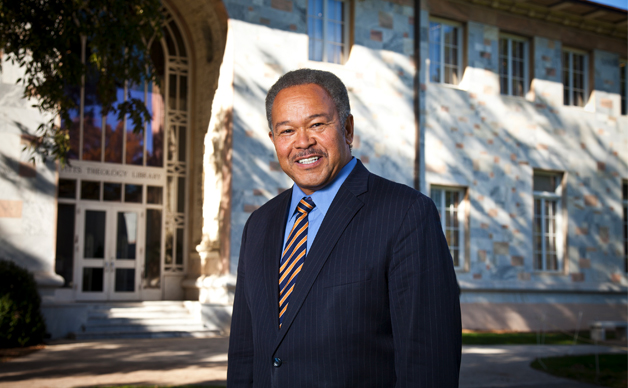
In honor of Martin Luther King Jr. Day, Emory University School of Law presents "Revisiting Dr. King's Theory of Love, Power, and Justice," a lecture by Robert M. Franklin Jr., James T. and Berta R. Laney Professor in Moral Leadership.
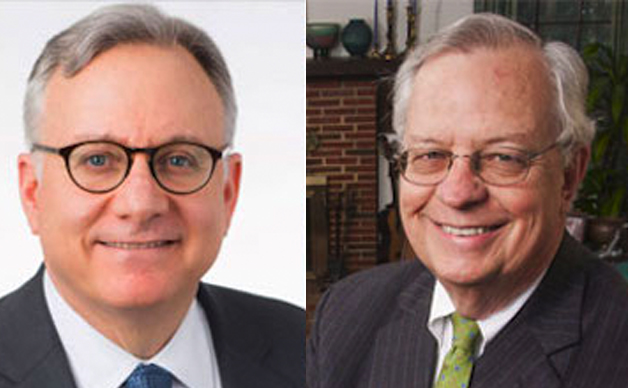
David Adelman 89L and Richard Hubert 60L, the two alumni chosen as this year's Emory Medalists, share both a global worldview and a JD from Emory Law.
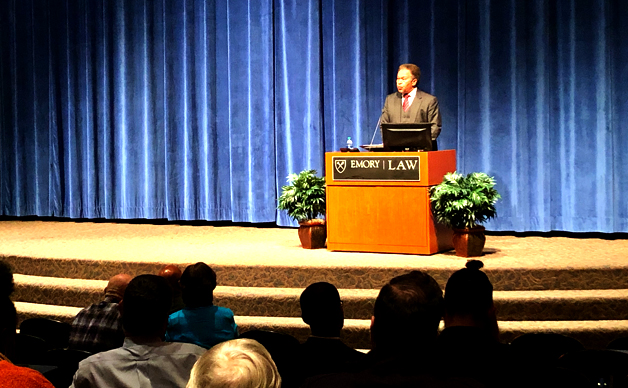
Robert M. Franklin Jr., James T. and Berta R. Laney Professor in Moral Leadership, led the celebration with a lecture titled "Revisiting Dr. King's Theory of Power, Love, and Justice."